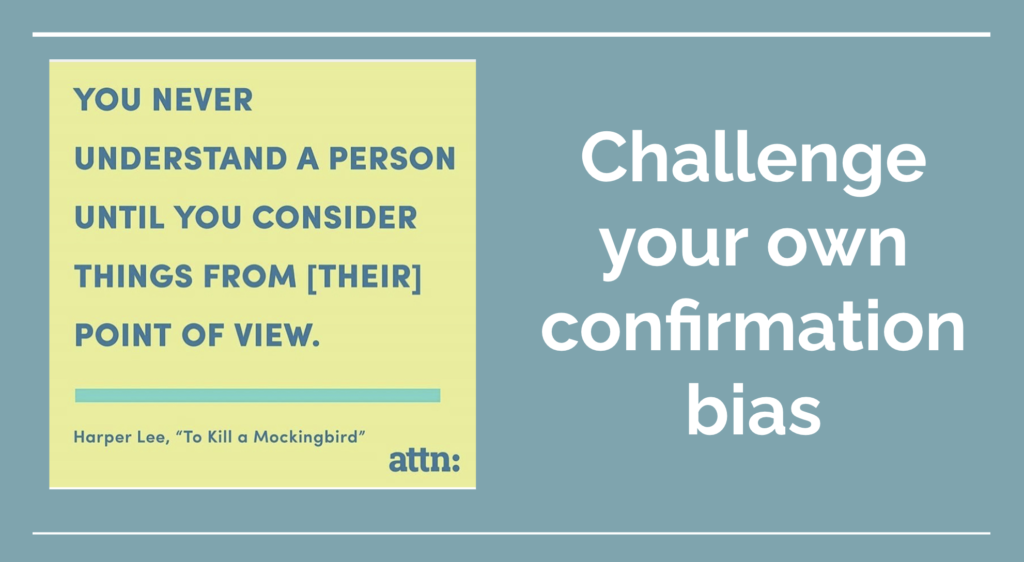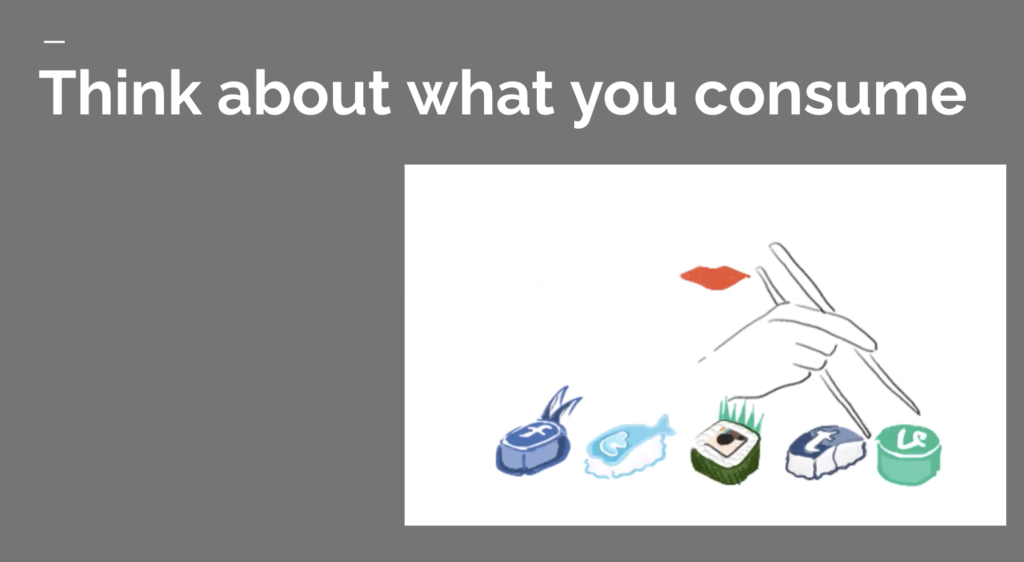In order for a democracy to function properly and foster constructive debate to move our society forward to resolve challenges, operating on the same set of facts is vital. What the founders of the United States wouldn’t be able to anticipate was a world in which social media existed and the influence that would have on resolving differences of opinion on public policy and culture.
So that leaves us all to figure out where to go from here as media companies and the courts are still sorting out how to best enforce policies and laws on what people post and share online. I write these words in the wake of an insurrection in the U.S. Capitol – a culmination after months and even years of disinformation largely unchecked online – and as the nation weathers yet another impeachment trial. The last six years have been challenging for journalists around the world doing their job bringing the facts and context to the public as they compete with partisan talking points and media companies often nervous about when to put an end to false information being peddled on people’s phones into their brains everyday. Some here have died, and some in other countries as well.
However that doesn’t mean we give up or resign ourselves to think that it’s a lost cause to all get back on the same page. What’s different now though than in the past with social divisions?
There are fewer journalists. Fewer newspapers. And way more delivery methods to get information, be it vetted or not. This is where now you are your own editor. Your information diet is like any other. Just as you would regulate the food you eat and sleep you get, that’s basically how to manage your content consumption, especially on political news. Do the sites you consume from have an open slant, are they committed to non-partisan, science and fact-based work? The pandemic is the other force in the room of late that reminds us that facts and science matters. From there we can debate what to do in response but we first have to come together to operate on a same set of facts, such as that COVID-19 is real and climate change is not a hoax.

The most worrisome aspect to me is that we seek out information that validates our feelings and experiences and loathe or become hostile and even violent in some cases when being presented with facts. Reporters are used to this in their line of work, but I think good citizens are not and now just starting to see what we see when y’all try to pull your loved ones out of the disinformation or misinformation vortex. (Misinformation is false information spread without bad intentions, and disinformation is with the goal of influencing you to vote or act out in some fashion.)
Misinformation is false information spread without bad intentions, and disinformation is with the goal of influencing you to vote or act out in some fashion.
Information wars aren’t new to humanity, historians have said. What is however: the intensity of how much access we now have to vetted information, but tragically struggle in how to identify facts or lies. Where can we start with this?
In schools, where civics courses are having a second wind, and at the ballot box, where voter engagement is up after years of apathy and gerrymandering leading to voter suppression. It’s going to take all of us in our spheres in this city, state and nation, as we have to resist being siloed off from one another to confront what divides us. That ideally starts with operating on a basic set of facts informed by data, historical research, and science.
San Antonio’s shared Community Vision calls on us to do two things at once in the next decade along the themes of civic engagement and education – to get past these growing pains as the nation changes demographically, goals we fell short of meeting the past decade. The Community Vision asks us to “take responsibility for our collective well-being…valuing community-based knowledge and building trusted relationships” and to invest “in all students…[to] provide the best education in the nation and lifelong learning opportunities that cultivate critical thinkers and problem-solvers who proudly call San Antonio their home.”
I’m in, are you?
Francisco Vara-Orta is a training director at the Investigative Reporters & Editors, Inc. – a nonprofit organization that teaches students and professionals in the U.S. and abroad how to polish their skills in data, research, and reporting. Ticketholders for The Collective can watch Francisco’s session on disinformation through February 28.

